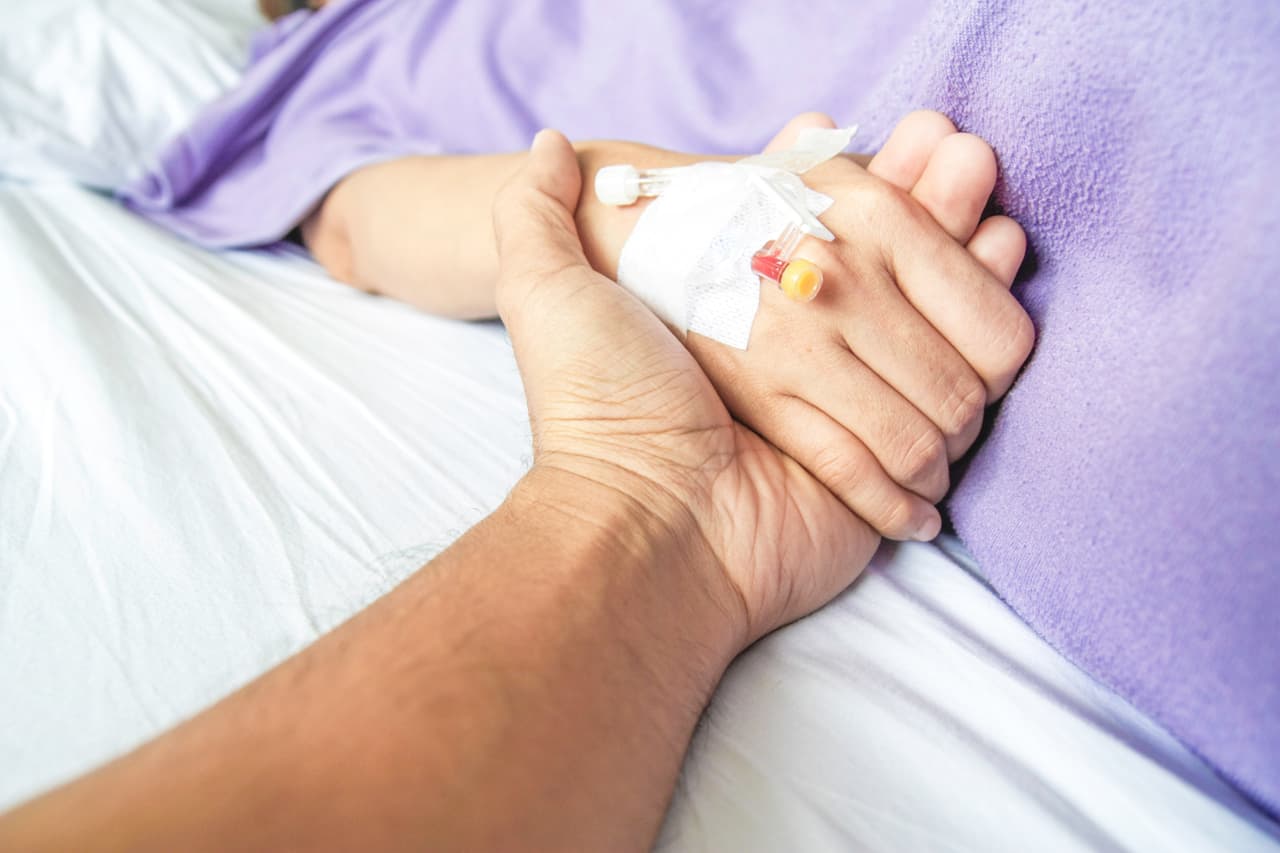
Fact check: Could the new ‘supercharged’ antibiotic really spell the end of drug resistance?
A breakthrough in antibiotic resistance was reported last week. Scientists had re-engineered the drug vancomycin – used against extremely resistant infections including MRSA – to make it stronger and stop bugs becoming immune to it. Vancomycin has been prescribed for 60 years and is a highly effective antibiotic - yet in some countries bacteria are developing resistance.
Professor Dale Boger, of the Scripps Research Institute, California, had previously managed to make two tweaks to the drug in the lab to make it more potent. Last week his team announced a final tweak, which when combined with the previous two would make it 1,000 times stronger than it was in its original form, and bacteria would no longer be able to resist it.
In a press release announcing the breakthrough, Professor Boger called vancomycin "magical" for its proven strength against infections – and said his team’s modifications had given the drug "superpowers". The release described the breakthrough as "an advance that could eliminate the threat of antibiotic-resistant infections for years to come".
Reporting on the story, British media outlets used similar language. A Daily Express headline announced the new vancomycin "could spell end of antibiotic resistant infections". The Sun said scientists believed the breakthrough could "hold off the threat of antibiotic resistance".
So does the development of this new drug really mark the end of superbugs? Professor Peter Wilson, a consultant microbiologist at University College London Hospital is doubtful. The new vancomycin is only effective against one family of bacteria called ‘gram-positives’, he pointed out, which only account for some of the infections seen in hospitals. Most of these infections are not resistant to standard antibiotics and so the 'super' vancomycin would have very little effect, he said.
Gram-positive infections include enterococci - bugs commonly found in the gut which can sometimes cause an infection, especially in patients already unwell with other illnesses. In the study the beefed-up vancomycin was tested and found to be effective against normal enterococci and vancomycin-resistant forms of the bug. Other gram-positive infections treated with vancomycin include Staphylococcus aureus and its resistant types: methicillin resistant Staphylococcus aureus (MRSA) and vancomycin-resistant Staphylococcus aureus (VRSA). VRSA is exceedingly rare in the UK.
Both vancomycin-resistant enterococci (VRE) and VRSA feature on the World Health Organisation’s list of bugs posing the greatest risk to mankind because there are so few drugs that can work against them. If scientists were able to make the new vancomycin into a drug it would be "fantastic" and doctors would welcome it, said Dr Tim Jinks, head of drug resistant infections at the Wellcome Trust. Yet in practical terms the drug could only be used against a handful of infections.
Both Professor Wilson and Dr Jinks agreed that another family of bacteria – known as ‘gram-negatives’ – pose a greater threat in the UK. Gram-negative infections – such as E.coli and Klebsiella – are a major cause of blood poisoning and are more likely to become resistant to antibiotics. E.coli is the most common cause of bloodstream infections in the UK. There were 38,000 bloodstream infections from E.coli in 2016 in England, compared to 1,099 in 2015/16 from MRSA. The new vancomycin would not work against a number of serious and life-threatening infections, both experts agreed.
It is also important to note the changes made to vancomycin were carried out in the lab. There were 30 steps involved to achieve the modified version. In order for the new drug to become available in hospitals and nursing homes scientists would have to find a way to engineer – or synthesise it – with fewer steps and en masse.
Then, it would have to go through trials in order to become licensed and be tested for efficacy and safety on humans. That could take at least five years, said Dr Jinks. The results are encouraging but there remains a desperate need for continued research and innovation to create new antibiotics, he said.
The Bureau asked Dr Boger for comment but he declined to respond.


